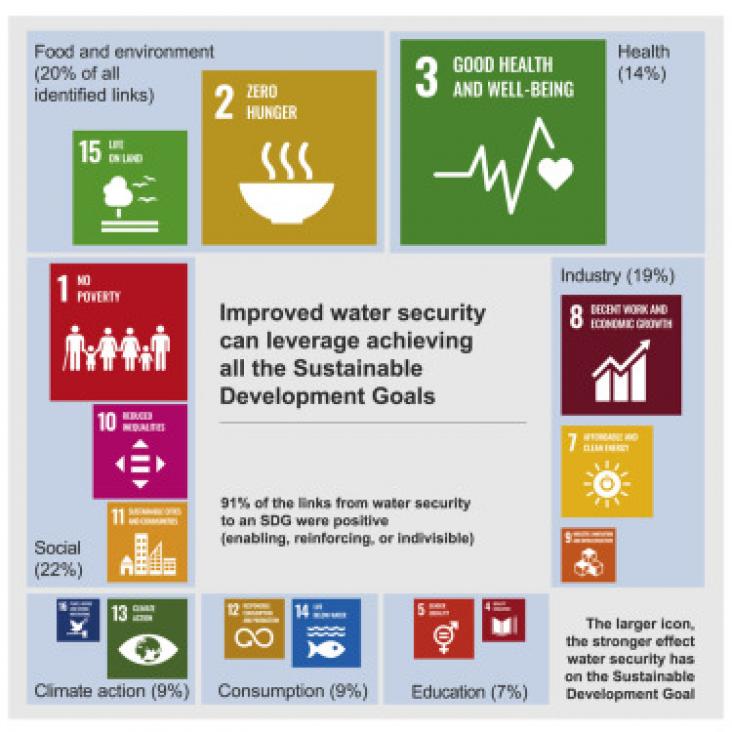Complementary Feeding (CF) involves an array of behaviors ranging from producing or purchasing food to preparing and feeding it to the child. Nutrition-specific and nutrition-sensitive interventions support different dimensions of improved CF, including dietary diversity, adequate frequency and daily intake, food hygiene, responsive feeding, and parenting practices. Beyond messages specific to what to feed young children, interventions to improve CF could address norms related to early child development; family dynamics; water, sanitation, and hygiene (WASH)
This chapter aligns with Goal 2: Zero Hunger, Goal 3: Good Health and Wellbeing, and Goal 13: Climate Action by exploring how extreme flooding has significant implications for local, regional, and national populations, particularly regarding agriculture and food supply.

The food industry is responsible for significant impacts on the environment, such as climate change, water depletion and land use.

This article examines how improved water security affects the success of other SDGs, when all the goals are examined simultaneously.
In this special article, the authors call for nutrition scientists to collaborate with other sectors, disciplines, and experts to develop a more nuanced understanding of how specific shifts in food systems can have broad impacts on sustainability and to bring about food policy changes in the era of climate disruption and environmental degradation.
The project discussed in this paper addresses a key factor related to the management of Chronic Kidney Disease (CKD) and End-Stage Renal Disease (ESRD) by examining barriers to maintaining a therapeutic diet for Indigenous persons living in remote communities.
The consumption of meat contributes significantly to undesirable effects on the environment.
Critical knowledge gaps about environmental fate and unintentional effects of currently used pesticides (CUPs) hamper the understanding and mitigation of their global impacts on ecological processes.
Critical knowledge gaps about environmental fate and unintentional effects of currently used pesticides (CUPs) hamper the understanding and mitigation of their global impacts on ecological processes.
This study was conducted to assess the self-reported and observed food safety practices (FSP) of food handlers, who deliver food products that are prepared and cooked at home during the COVID-19 pande

